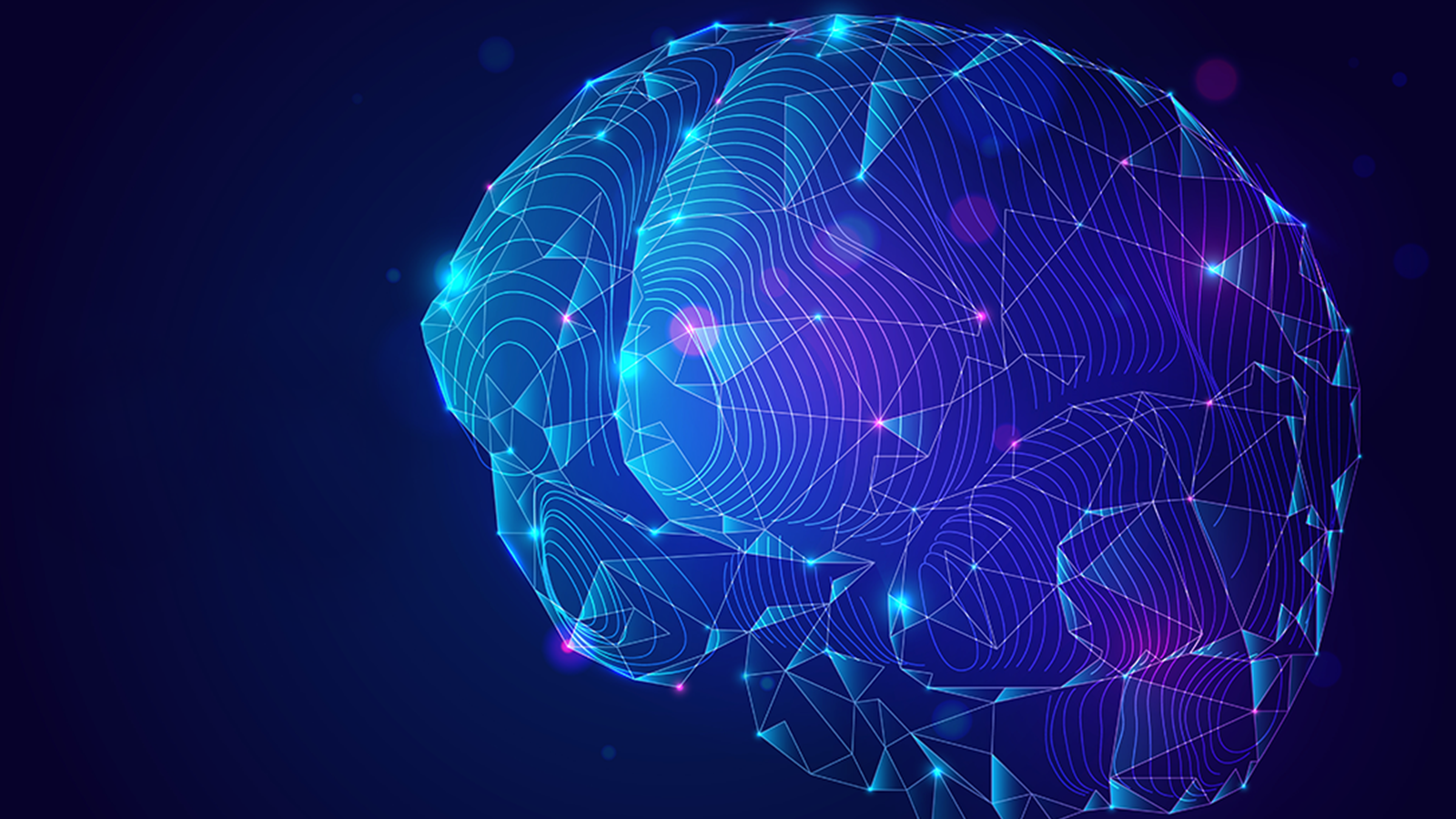
Nootropics: Enhancing Brain Function with Supplements
Nootropics, often referred to as "smart drugs," are supplements and compounds that claim to improve cognitive function, including memory, focus, and mental clarity. While some nootropics are synthetic, others are derived from natural sources like plants and herbs. Interest in nootropics has surged as people look for ways to optimize brain performance, particularly in stressful and high-pressure environments.
While some nootropics are synthetic, others are derived from natural sources like plants and herbs.
Popular Nootropics and Their Benefits
Ginkgo Biloba:
One of the most well-known nootropics, ginkgo biloba, is believed to improve memory and cognitive function by increasing blood flow to the brain. It's commonly used for age-related cognitive decline, but some studies suggest benefits for younger individuals as well.
Bacopa Monnieri:
Traditionally used in Ayurvedic medicine, bacopa monnieri has shown promise in enhancing memory and reducing anxiety. Its neuroprotective properties make it popular among students and professionals seeking to improve learning and retention.
Lion's Mane Mushroom:
Lion’s mane is unique for its ability to stimulate the growth of nerve cells, a process known as neurogenesis. Studies suggest that it can enhance mental clarity, focus, and memory while also offering neuroprotective benefits.
L-Theanine and Caffeine:
The combination of L-theanine and caffeine, found naturally in green tea, is popular for improving focus and mental alertness without the jitteriness commonly associated with caffeine alone. L-theanine promotes relaxation and concentration, creating a more balanced cognitive boost.
Synthetic Nootropics
In addition to natural options, synthetic nootropics like modafinil and piracetam are also widely used for cognitive enhancement. Modafinil, originally developed to treat sleep disorders, is often used off-label to improve alertness and focus in healthy individuals. However, long-term use and potential side effects warrant careful consideration before using synthetic nootropics.

How Nootropics Work
Most nootropics work by influencing neurotransmitters—chemical messengers in the brain responsible for communication between neurons. For example, some increase dopamine and serotonin levels, which help regulate mood and motivation. Others promote the release of acetylcholine, a neurotransmitter associated with learning and memory. By enhancing communication between neurons, nootropics can improve mental clarity, focus, and cognitive function.
Safety and Efficacy
While many nootropics have been studied for their cognitive-enhancing effects, it's important to approach them with caution. Not all nootropics have been rigorously tested, and individual responses may vary. It's recommended to start with low doses and consult a healthcare professional before incorporating nootropics into your routine, especially if you have underlying health conditions or are taking other medications.
Conclusion: A Boost for Brain Power?
Nootropics offer an exciting way to enhance brain function and cognitive performance, but they should be used mindfully. Whether you’re looking to improve memory, boost focus, or increase mental clarity, choosing the right nootropic—and understanding its effects—can help you optimize your brain’s potential.



